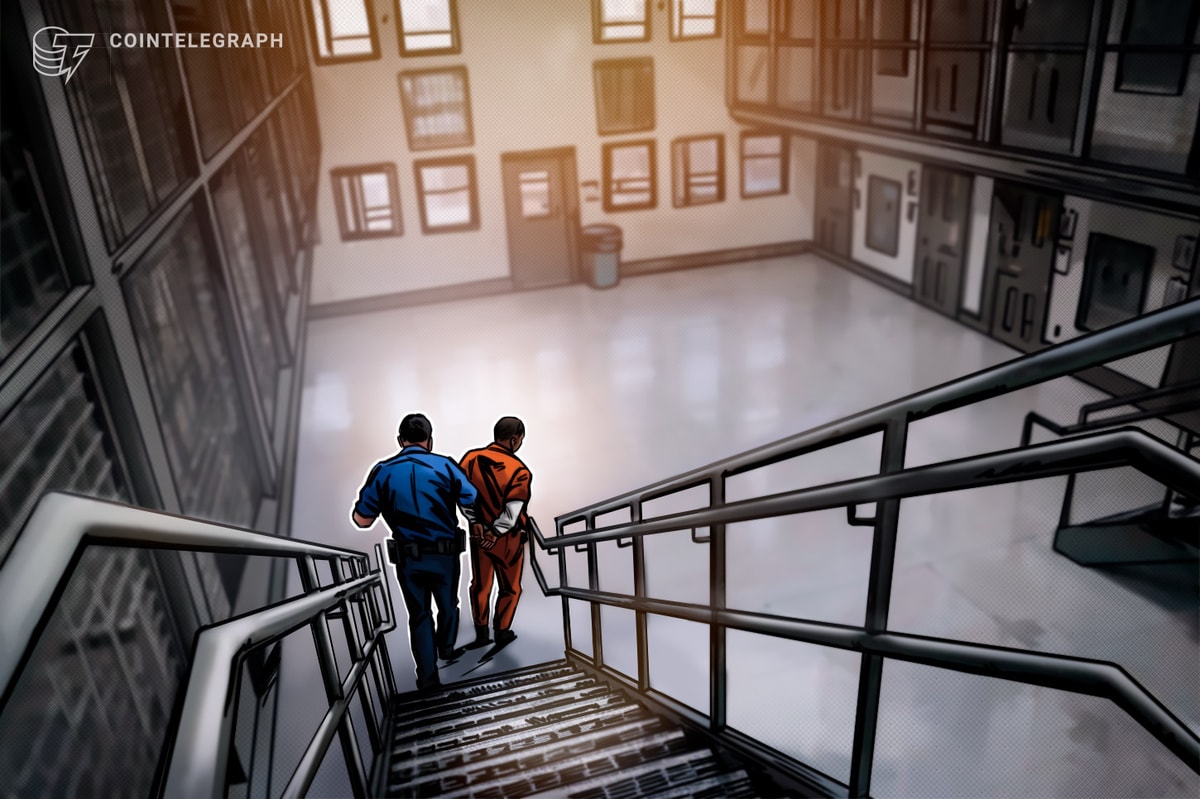Jason Brink of Gala Games, a Web3 gaming platform, became the latest guest on Cointelegraph's live AMA show to discuss current GameFi challenges and solutions Gala Games brings to the table. Here's a summary of the interview:
Discover the Future of Web3 Gaming: AMA with Gala Games https://t.co/8Pauf5874A
— Cointelegraph (@Cointelegraph) August 16, 2023
“I think that Web3 will go away, it won’t be a thing in the bigger sense. As we go from the current emergence phase, Web3 will be seen as it is within a small group of people who actually named it.
Gamers don't see the difference between Web2 and Web3 games. They don't care about the so-called Web3 ethos, which has meaning for crypto people. So when these categories converge, the industry will succeed. The end result will be amazing games where you own your stuff. Blockchain will be part of the technology layer, but not the thing that the average user cares about.
The main challenge of onboarding new people in Web3 comes when a user has to do something new. If in a Web2 game you can just download it from Steam and start playing with a few clicks, in Web3 there is a huge amount of friction. In Gala Games, we're working on that problem so that you don't even notice the engagement with the blockchain unless you choose to go down that path of interaction.
It's all about playing games and having fun the way it should be. For a very long time, the experience of playing Web3 games was different and embarrassing. To a person used to triple-A games, they looked like garbage and weren't very interesting. So you have to create really compelling games that engage users before you can get to game tokenomics and its economic structure.
Another challenge is that the Web3 community is not a particularly welcoming community. So we're working with universities around the country to set up Web3 initiatives to bring people into the Web3 space in comfortable conditions, without high friction and hard environments. I've been working on this personally because I think it's going to make a huge difference in the future.
We created REP, a social media platform specifically designed for Web3, because the current options we have are extremely fragmented, polarized, and dominated by a few companies that leave no chance for others. In contrast, REP gives you control over your data and self-sovereignty. It is based on our own Layer-1 Gala chain, powered by Node Network, one of the largest ecosystems in the world, with Gala tokens for the gas fee across the chain.
REP has all the basic features of social media platforms, such as publishing short or long posts, images and other common content. But beyond that, REP offers augmented reality components similar to Pokemon Go features. You'll be able to engage both in the real world and on social media by placing chests or map markers for people to wander around and discover.
You can limit the visibility of your REP posts by showing them only to people in a very specific area or more widely, so you can have your own social media network. The first social network to launch on Gala is Gala Friends, which is our own bespoke community. It should be fully launched as an open MVP in the next 3 months.
A lot of Web3 projects look at user bases entirely from a blockchain perspective, how a project supports Web3. In Gala Games we started from a different point – what it takes to support Web2 style games, how to support 700 million daily active users and so on. We have people on the team who have worked on mass live games like Farmville or at Zynga, like our CEO and founder Eric Schiermeyer.
And the way we're building the Gala Node ecosystem is also different. Initially, REP was built on another blockchain and was fully functional on it. Then we ran into the storage problem, and IPFS was no longer a viable solution. So we built a pretty innovative Gala node network and protocol, which allows REP to deploy and spin out its own node licenses, with the storage dedicated to social media content. We can now add new channels on the Gala network for specific games. Right now we have about 37,000 nodes.
We're planning to launch the Gala Chain Academy for people to learn how to build on top of Gala Chain. I think being decentralized and allowing people to build with you is critical to the long-term success of creating a broadly decentralized ecosystem. We're always looking for new games to bring into the ecosystem.”
Disclaimer. Cointelegraph does not endorse any content or product on this page. While we aim at providing you with all important information that we could obtain in this sponsored article, readers should do their own research before taking any actions related to the company and carry full responsibility for their decisions, nor can this article be considered as investment advice.












